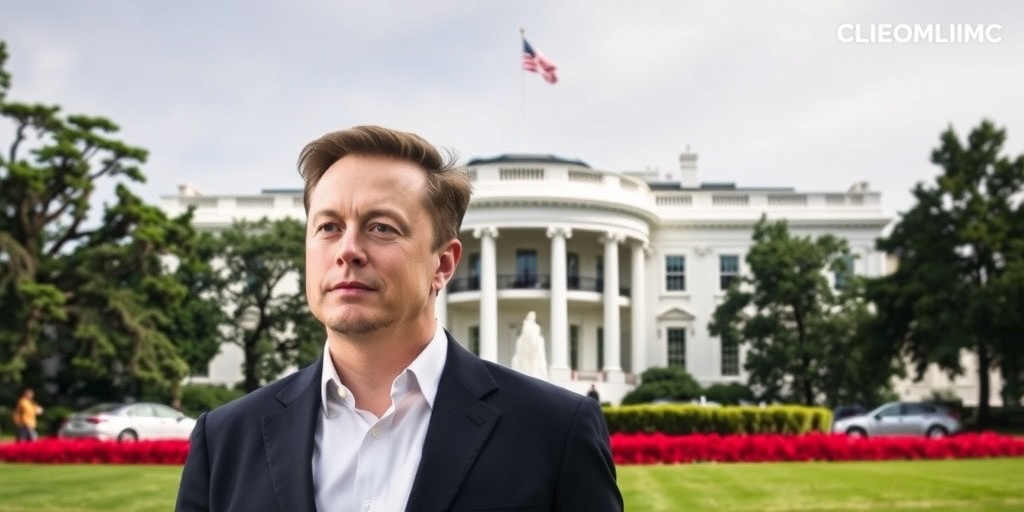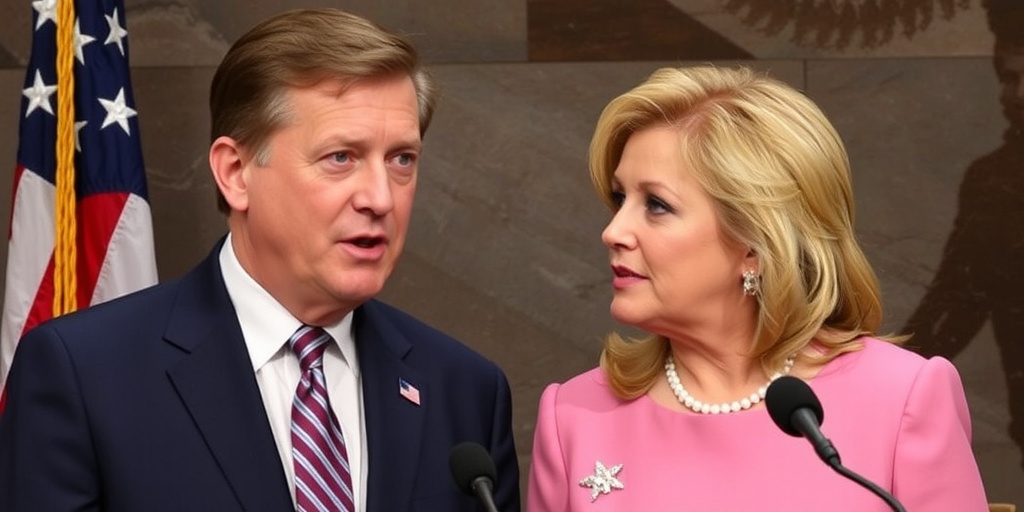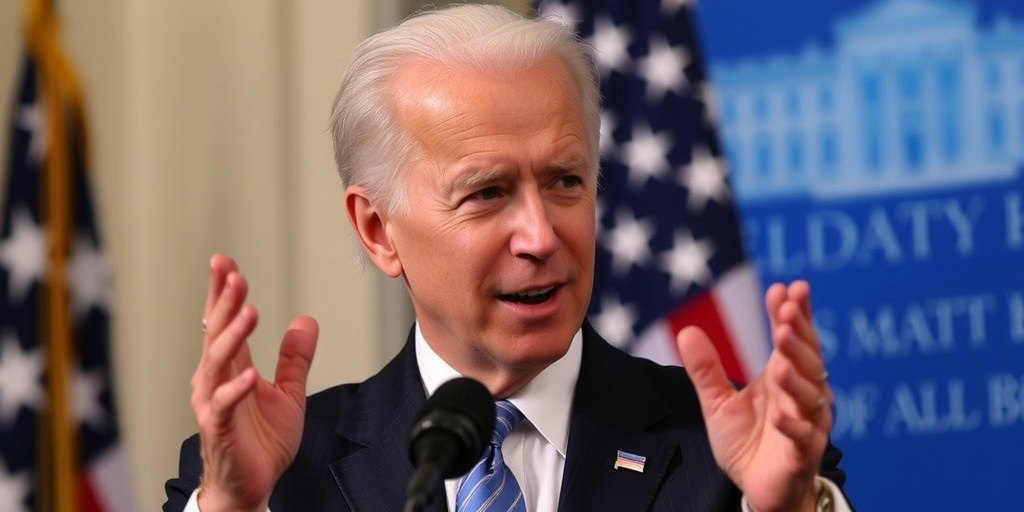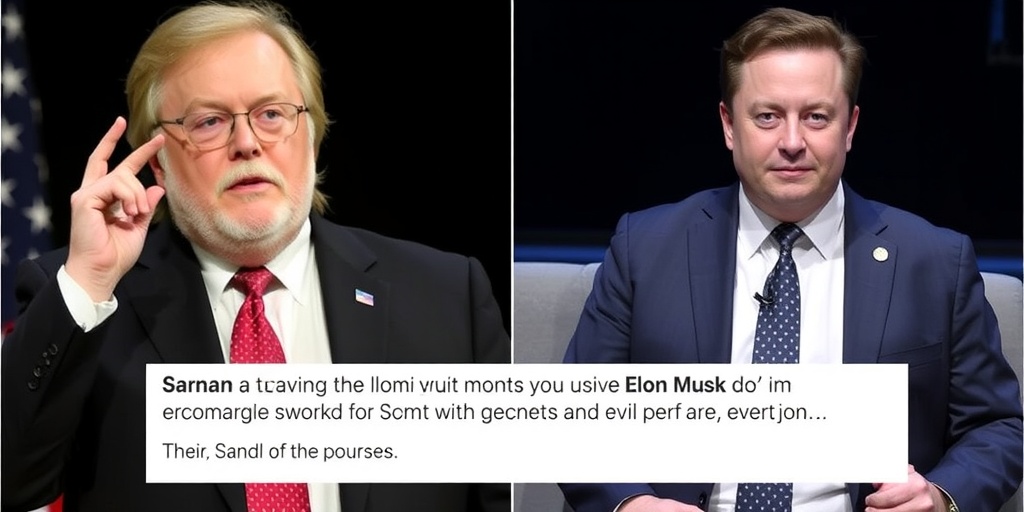Now Reading: Delayed Vaccination Risks Polio Resurgence
-
01
Delayed Vaccination Risks Polio Resurgence
Delayed Vaccination Risks Polio Resurgence
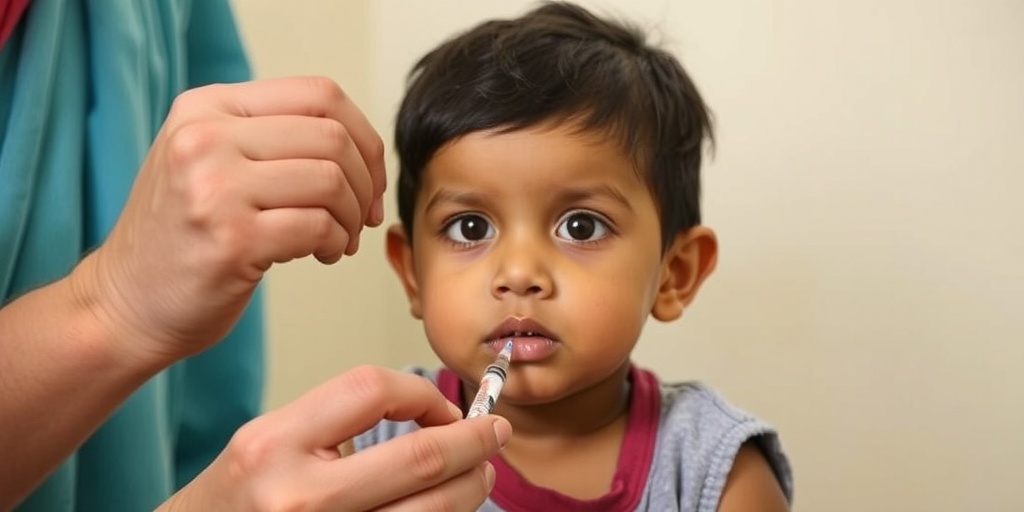
Concerns About Polio Resurgence Amid Vaccine Skepticism
Polio vaccination, once a routine part of American childhood, has become a subject of renewed focus amid rising skepticism regarding vaccines. While polio, a disease that once paralyzed up to 20,000 Americans annually, has been nearly eradicated thanks to vaccination efforts, the specter of resurgence now looms larger due to falling vaccination rates and influential voices questioning vaccine safeness.
Recent statements made by Robert F. Kennedy Jr., a prominent vaccine skeptic and potential nominee for the secretary of health and human services, have sparked concern. He dismisses the notion that vaccination has nearly eradicated polio, branding it a “mythology.” Kennedy argues that vaccines are not as safe or effective as claimed, citing outdated and largely debunked fears linking early polio vaccine batches to cancer.
Kennedy’s views resonate with a subset of the public that is increasingly hesitant about vaccinations. He has stated that while he does not intend to remove vaccines, his history of skepticism could influence vaccination rates if he enters a position of authority. His adviser, lawyer Aaron Siri, has even pursued litigation challenging the safety of certain polio vaccines, albeit with little expectation of success given the broad support for vaccination from both medical experts and political leaders.
The conversation is especially pertinent in light of recent declines in vaccination rates across the United States. If fewer parents choose to vaccinate their children, public health officials warn that the polio virus could return to pockets of unvaccinated individuals, reversing decades of progress in combating the disease. The World Health Organization has continually emphasized the ongoing threat of polio, stating that any reduction in vaccination coverage increases the risk of re-emergence.
Historical context underscores the gravity of this threat. Before the introduction of the polio vaccine in 1955, the virus caused widespread devastation, incapacitating thousands and leading to deaths. The introduction of the vaccine in the mid-20th century drastically altered the landscape, with cases falling from thousands annually to just one isolated case tied to international travel in the past decade. However, with public perception shifting and vaccination hesitancy growing, experts are concerned that these hard-won victories could be undone.
Dr. David Heymann, an infectious disease expert and former leader of polio eradication efforts at the World Health Organization, suggests that any change in U.S. vaccination policy would likely ripple across the globe, potentially affecting polio eradication efforts internationally. He emphasizes the dire consequences of allowing polio to resurface, lamenting the easily preventable devastation it could cause.
Survivors of polio speak to the horrors of the disease, highlighting the long-term effects that continue to plague them, such as post-polio syndrome, which involves a return of symptoms like muscle weakness and respiratory issues in those who survived the initial infection. Carol Paulk, for instance, contracted polio when she was just three years old and has lived with debilitating consequences ever since.
Despite advancements in combating polio, the virus remains resilient. In 2024, cases were reported in 20 countries, with viral traces detected in wastewater across Europe and Australia – a clear sign that the battle is far from over. The vaccination landscape remains critical; the inactivated polio vaccine (IPV) utilized in the U.S. has proven to effectively prevent paralysis and protect against polio variants, ensuring that as long as vaccination rates remain high, the public will remain safe from resurgence.
However, the continued use of the oral polio vaccine in many low- and middle-income countries has led to complications, including the emergence of vaccine-derived poliovirus, a variant that can spread if vaccination coverage is low. This poses a grave risk not only to countries still battling polio but also to countries like the U.S., where any imported cases in under-vaccinated communities could present a significant risk.
Overall, while polio is no longer the menace it once was in the United States, vigilance is necessary. Experts agree that public health strategies should focus on maintaining high vaccination rates to prevent any chance of the disease re-emerging. Any significant drop in polio vaccination could reignite a public health crisis that many hoped had been consigned to history. In this context, the stakes remain high, and a collective commitment to vaccination appears to be the best defense against the potential resurgence of polio.
Stay Informed With the Latest & Most Important News
Previous Post
Next Post
-
 01New technology breakthrough has everyone talking right now
01New technology breakthrough has everyone talking right now -
 02Unbelievable life hack everyone needs to try today
02Unbelievable life hack everyone needs to try today -
 03Fascinating discovery found buried deep beneath the ocean
03Fascinating discovery found buried deep beneath the ocean -
 04Man invents genius device that solves everyday problems
04Man invents genius device that solves everyday problems -
 05Shocking discovery that changes what we know forever
05Shocking discovery that changes what we know forever -
 06Internet goes wild over celebrity’s unexpected fashion choice
06Internet goes wild over celebrity’s unexpected fashion choice -
 07Rare animal sighting stuns scientists and wildlife lovers
07Rare animal sighting stuns scientists and wildlife lovers













